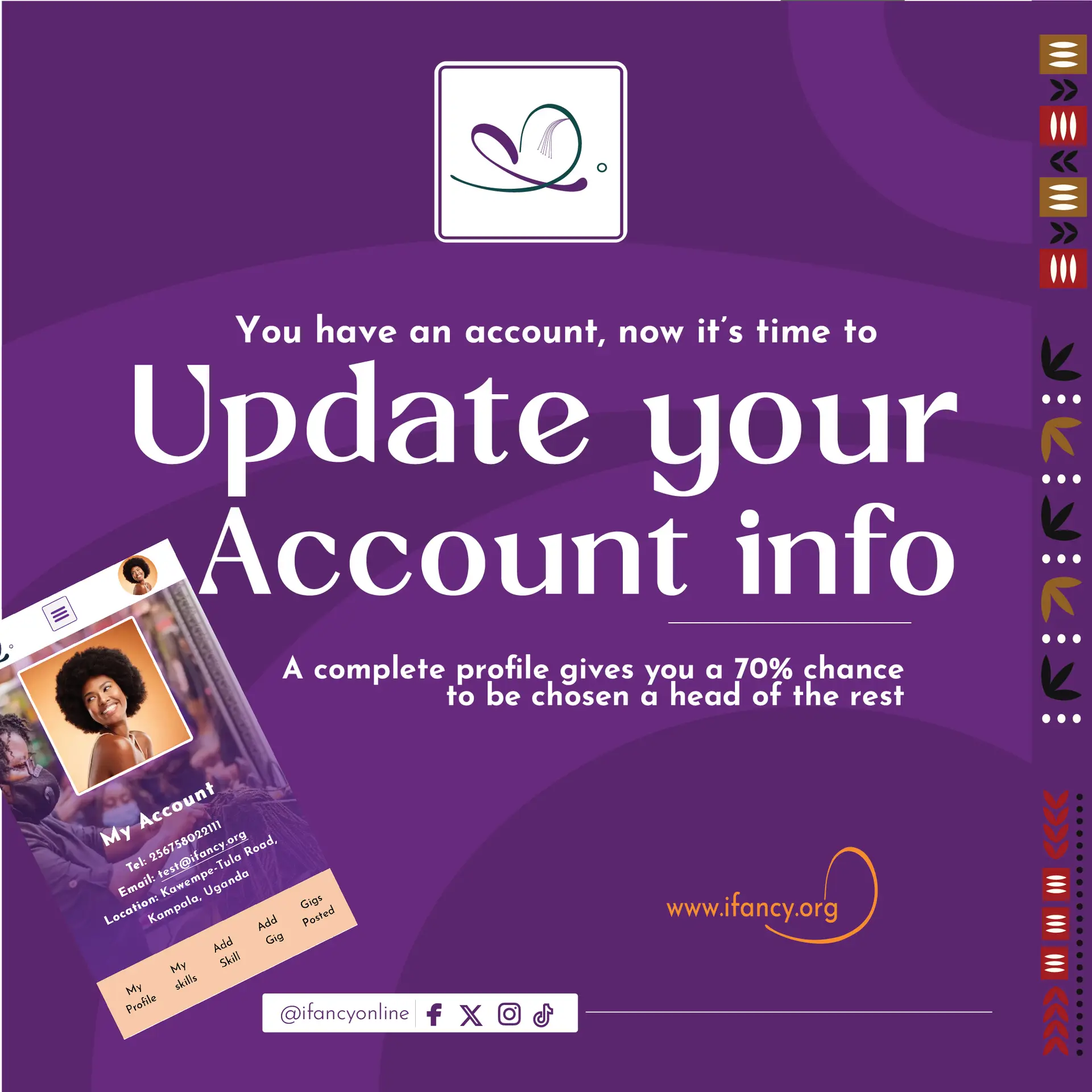Table of Contents
- The Illusion of Quick Loans
- The Nightmare of Data Privacy Breaches
- Regulatory Failures and the Call for Action
- Recommendations for Change
In Uganda, the borrowing landscape is bleak, with approximately 3.6 million people relying on loans from various institutions and individuals as of 2024. Shockingly, nearly 60% of these borrowers are women, who often face insurmountable barriers in accessing credit. The rise of unauthorized lenders has further complicated this dire situation, with estimates suggesting that over 1.2 million Ugandans have fallen victim to predatory lending practices. This alarming trend highlights a systemic failure that disproportionately affects women, who are often left vulnerable and exploited.
The Illusion of Quick Loans
As access to credit remains limited, many women turn to quick loan applications, seduced by the promise of immediate financial relief. These apps, readily available on platforms like Google Play Store, lure desperate individuals with the prospect of loans at the click of a button. A mother in need of UGX 100,000 for her child’s medical expenses can seemingly secure it from the comfort of her home. However, the reality is far more sinister.
These predatory platforms often charge exorbitant interest rates, sometimes as high as 35%, which are deducted before the money even reaches the borrower. Thus, a woman applying for UGX 100,000 might only receive UGX 65,000, leaving her to grapple with an overwhelming debt burden. This practice is not just unethical; it borders on criminal exploitation.
The Nightmare of Data Privacy Breaches
The dark side of these loan applications extends beyond financial exploitation. Even with the data protection law in place, those behind these applications do not care, and many borrowers unwittingly grant these apps access to their personal data, including contacts, messages, and call logs. This invasion of privacy becomes a weapon against them when repayment deadlines approach. Borrowers are subjected to harassment, with lenders making threatening calls not only to them but also to their family and friends.
One woman’s harrowing experience illustrates this nightmare: “I regret the day I took a loan from that application. I was late on my stall rent payment, and they gave me 40% less than what I applied for. By the 12th day, I started receiving humiliating calls from my family and clients.” This is not an isolated incident; it is a widespread reality for many Ugandans, particularly women, who are left to bear the shame and stigma of their financial desperation.
Regulatory Failures and the Call for Action
The Uganda Microfinance Regulatory Authority (UMRA) is tasked with overseeing money lenders, yet the question remains: Are they fulfilling their mandate? The Uganda Communications Authority, responsible for regulating ICT, also seems to be turning a blind eye to the rampant abuse of personal data by these loan apps. The silence of policymakers is deafening, and the lack of accountability for these predatory practices is nothing short of a betrayal of the Ugandan people, particularly women.
This situation is akin to daylight robbery, where the most vulnerable are preyed upon without remorse. It is time for society to rise against these injustices.
Recommendations for Change
For the General Public, Especially Ugandan Women:
- Women should educate themselves about their rights regarding lending and data privacy. Awareness campaigns can empower borrowers to make informed decisions.
- Engage with community-based savings and loan groups that prioritize ethical lending practices and offer support without exploitation.
- Join and start platforms for women to share their experiences with predatory lenders, fostering a supportive community that can help others avoid similar pitfalls.
For the Government:
- The government must enforce stricter regulations on loan apps and unauthorized lenders, ensuring they adhere to ethical lending practices.
- Establish a robust framework for consumer protection that includes penalties for data breaches and harassment by lenders, and put much emphasis on the enforcement of these laws.
- Implement nationwide financial literacy programs aimed at educating citizens about responsible borrowing and financial management.
For Banks and Licensed Microfinance Institutions:
- Banks should revise their lending criteria to make credit more accessible to women, particularly those without collateral.
- Create financial products specifically designed for women, addressing their unique challenges and needs in accessing credit.
- Ensure transparency in loan terms and conditions, including clear communication about interest rates and fees, to prevent exploitation.
The current lending landscape in Uganda is a battleground where women are often the casualties. It is imperative for all stakeholders—individuals, the government, and financial institutions—to unite against these predatory practices.
Author: David Benjamin Wamala




